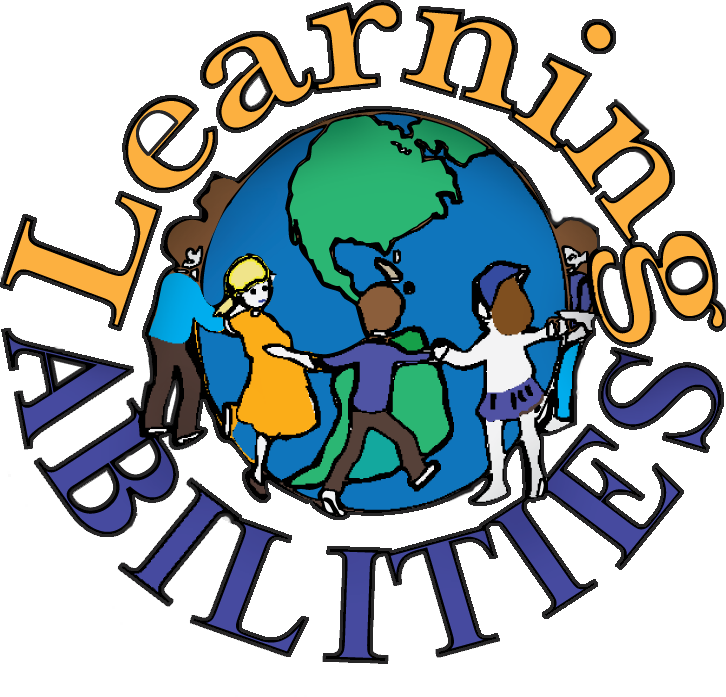
The Orton-Gillingham Approach
Foundational to the Science of Reading
Supported by Science
The Orton-Gillingham approach, which is foundational to the Science of Reading, refers to the vast body of growing scientifically-based research that studies how children learn to read as well as the converging evidence of what matters and works in literacy instruction.
Aligning instruction with the Science of Reading gives students the best chance of becoming successful readers. The creation and development of connections in our brains are created primarily through instruction and practices that teach the structure of the English language using multisensory techniques combined with the needed practice for mastery that is individualized to the student’s needs.
What Orton-Gillingham does
Orton-Gillingham is a multisensory approach that provides direct instruction in systematic phonics, including the six syllables, spelling rules, and syllable division. It builds fluency in reading and spelling phonetic and non-phonetic words and includes phonological and phonemic awareness. Instruction is explicit, sequential, and cumulative. It combines the three pathways of learning, (visual, auditory, and tactile/kinesthetic) helping students to lock in concepts taught. This combination which includes techniques such as SOS, arm spelling, and penciling will allow students to use their strengths to overcome their difficulties.
Our Commitment
Learning ABILITIES is committed to training our community educators and private practice specialists in the Orton-Gillingham method. Students need intervention at school and beyond the school day. Every moment spent on training adults has a widespread impact in students’ success throughout Kansas City and the surrounding area.
Learning ABILITIES seeks to reach children in all communities by training individuals in their local neighborhoods to provide intervention in schools, homes, and one-to-one tutoring. There is a great need for intervention beyond the school day. The role of Covid-19 protocols that included a shortened school year, masks, and on-line learning, has only increased the need for intervention. That need cannot be met without trained, qualified tutors. Our summer training is our attempt to meet that need.
